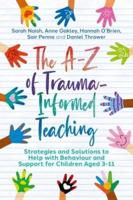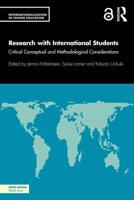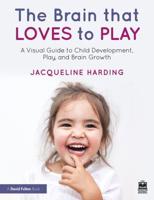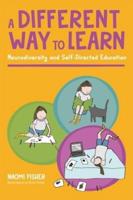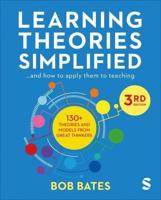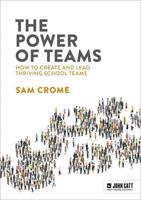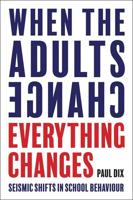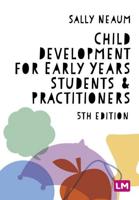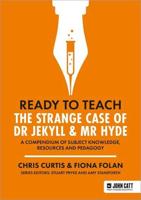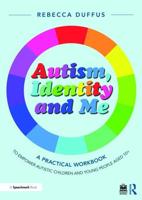Publisher's Synopsis
Most pupils start their scientific learning with previously formed ideas, based on prior reasoning or experience, but these ideas are often founded on common misconceptions, which if left unexplained can continue into adulthood. The new edition of this bestselling book offers advice on how to recognize and challenge such misconceptions. This book offers coverage of the most common scientific misconceptions that you may come across and, in addition to background theoretical and research material, offers appropriate teaching strategies to help you seek out and challenge misconceptions during your primary science teaching.
This handy book has been expanded to offer even more support and practical advice for dealing with the common misconceptions encountered in the primary science classroom. Michael Allen describes over 100 common misconceptions and their potential origins, and then offers creative activities to help you grasp the underlying scientific concepts and bring them alive in the classroom, as well as practical strategies to improve pupil learning.
Highlights of the second edition include:
- Updated in line with the new primary science National Curriculum Programme of Study
- Incorporates the latest research findings
- Covers the new National Curriculum elements and other more advanced material including Drugs, Energy, the Environment and Evolution
- Includes new boxed features: Did you Know?, Famous Scientists, and Be Safe
"This essential, clear and readable text is a must! As well as identifying the main misconceptions it succinctly explains the science content for teachers to refresh their own understanding and offers really useful guidance and ideas to help reconstruct learners' misconceptions. It is a most welcome resource for anyone involved in primary science teaching and should be in every classroom!"
Sue Dale Tunnicliffe, Institute of Education, University of London, UK
"Michael Allen's book is excellent. He writes specifically for primary teachers to catalogue a strong list of children's common ideas and misconceptions in early science, and suggest constructive ways in which these can be addressed in the course of classroom discussion and activities. This is an enormously valuable resource, each section outlines the form of common misconceptions and suggests lucid and effective tactics that might easily be used. The text is authoritative and well sourced, the figures and drawings are clear and constructive. The admirable key to the book is that, of course, not all the learning to take place will be that of the pupils."
Mike Watts, Professor of Education, Brunel University, UK

